Following an interesting half-an-hour talk (that I recommend you to check), David Wehle, the creator of the third person short exploration adventure The First Tree [GOG, itch.io, Steam], recently made a formal announcement about his upcoming project: Game Dev Unlocked, a blog and video series aimed at helping aspiring indie game designers to overcome all the inherent challenges of such an enterprise, including technical aspects, marketing, etc.
This is the official teaser, which was released just a couple of days ago:
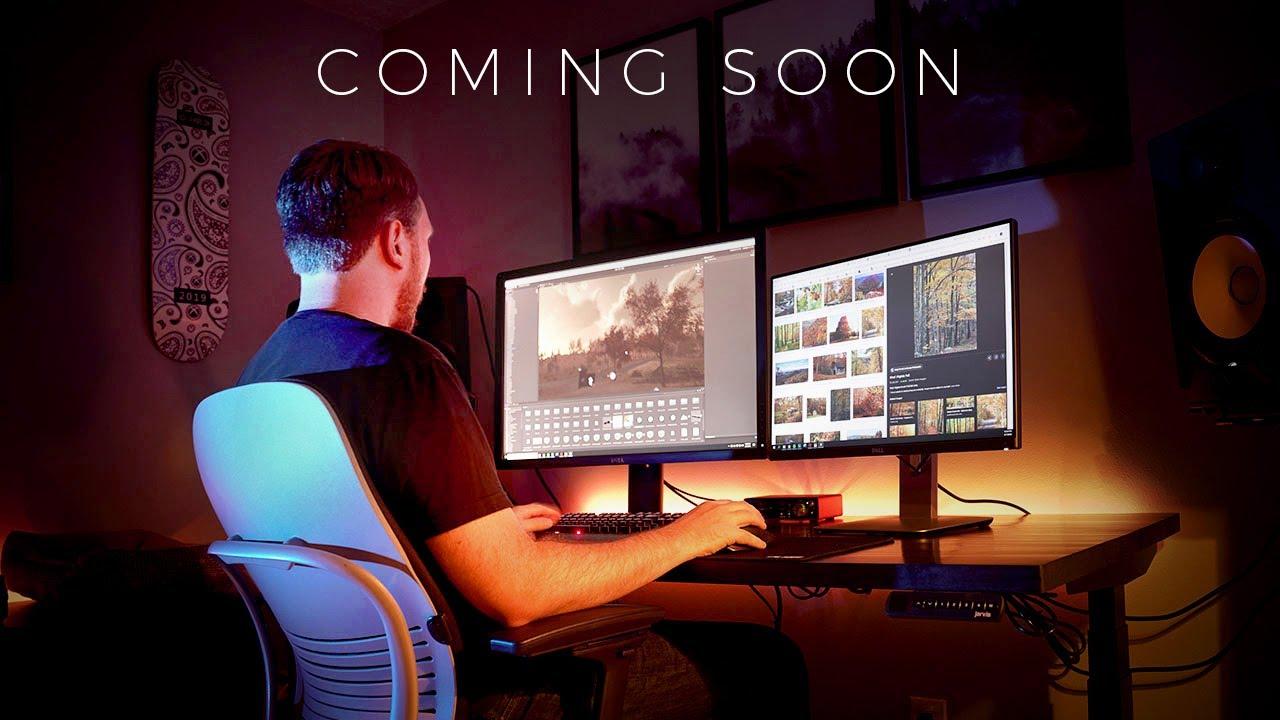
Direct Link
With the following tweets, you can see some specific subjects that will be covered; this means that the project was actually being developed since several months ago, with some of the first postings on the official channels dating back to mid-2019.
What about the games this developer has released so far? (Which obviously will have a direct influence on the produced content) Personally, I haven't had the chance to play Home is Where One Starts nor The First Tree yet, and although for the former there isn’t a GOL article, you can read for the latter a particularly distinctive review, where Liam expressed being particularly moved by the general theme of the title. Therefore, having the chance to listen to someone who has that ability to touch your emotions in such a personal way is something to definitely pay attention; and in general, it’s always interesting to get to know the backstories behind indie games developments (another great example was this blog post from the developer of At the Gates, for instance).
Even more, I might be a bit overenthusiastic about this, but think about the near future: regarding content creation, things that would’ve seemed crazy and impossible years ago became perfectly normal nowadays, like uploading a video to YouTube or writing an article about any subject and easily reach a global audience of potentially millions of people, so what could be one natural evolution of all that? Precisely: game creation. With so many free tools available, and a decreasing number of technical qualifications required to build games, developing your own titles might become absolutely common in a couple of years, and it could mean not only the chance to bring your visions to reality, but also represent a secondary source of income for a lot of people.
Obviously I cannot see the future, and I’m aware there are thousands of variables that should be kept in mind, but it’s undeniable that this kind of potential is there, so having the knowledge from initiatives like Game Dev Unlocked is something definitely welcomed, considering the impact they may have not only in pushing things towards that direction, but also in saving a lot of frustration, bitterness and dead-ends for people who decide to venture on projects like these.
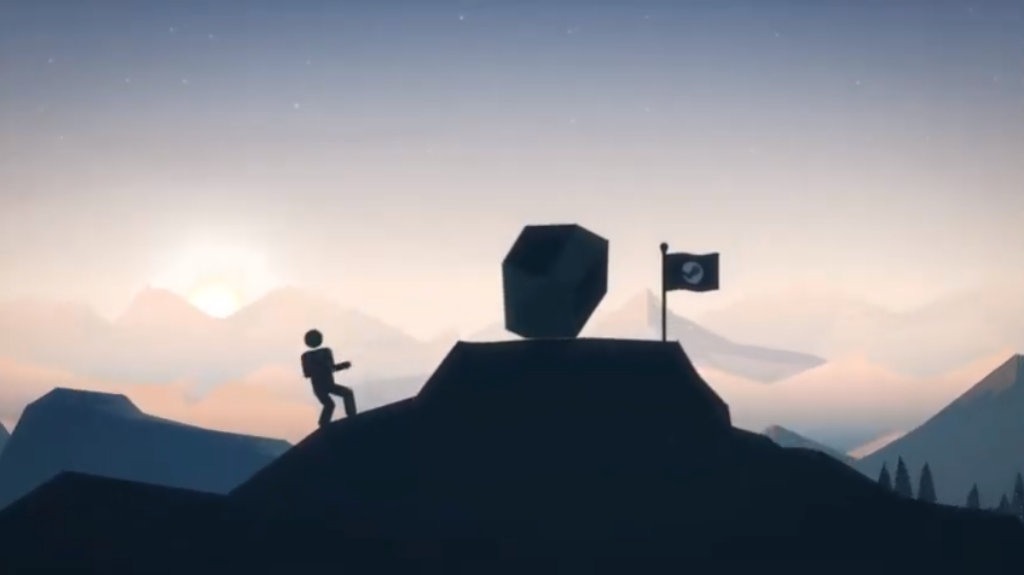
On another subject, at this point you might be thinking: “What does this have to do with Linux? Is there going to be at least a small mention of our platform?”. Well, considering how many games had in the past their Linux support cancelled due to unexpected complications during development, I directly contacted the developer asking about this, and his reply was the following:
“I actually just finished a video I haven't released yet about how to best test a Linux build and to get community support to make sure it works well. I'm not an advanced software engineer however, so the video is based on the viewpoint of a beginner.
Unity does most of the work for you when building out to Linux, but there still are tons of bugs usually since it's not as popular. Usually a developer can avoid the Linux problems when making their game in Unity by buying and using the Rewired input asset, and turning off all instances of anti-aliasing. That fixed most of my issues for The First Tree.”
However, when I asked him for permission to quote his answer, he also requested to add the following sentence:
“Keep in mind each game and game engine are different, so there isn’t a magic solution to fixing Linux bugs. It just takes hard work and patient playtesters!”
Finally, an official release date hasn’t been revealed yet; the only specific mention was this tweet, so if you’re eager to learn more about this project you can stay tuned by signing up to the newsletter and waiting for further announcements and you can follow on the official site.
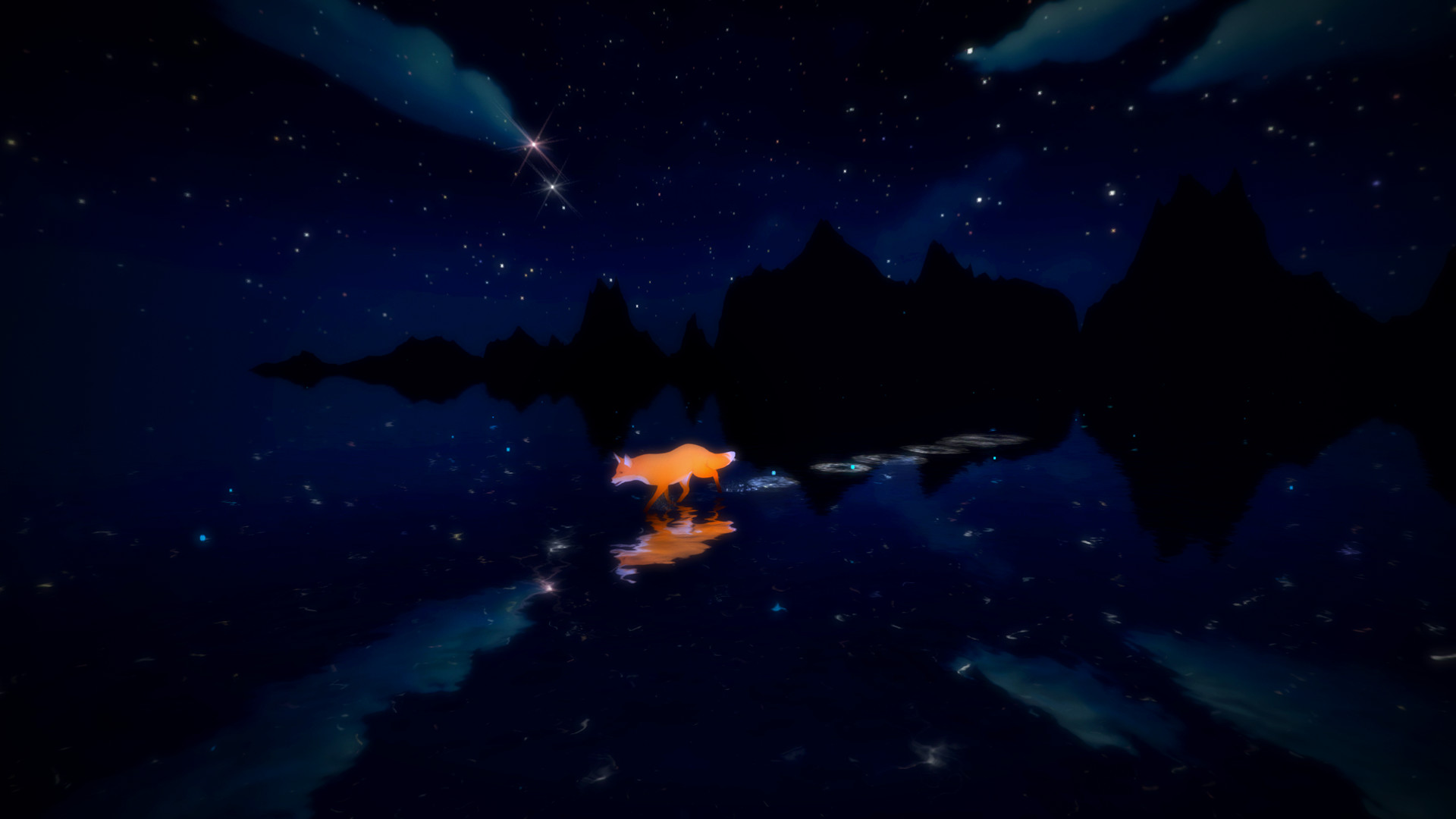
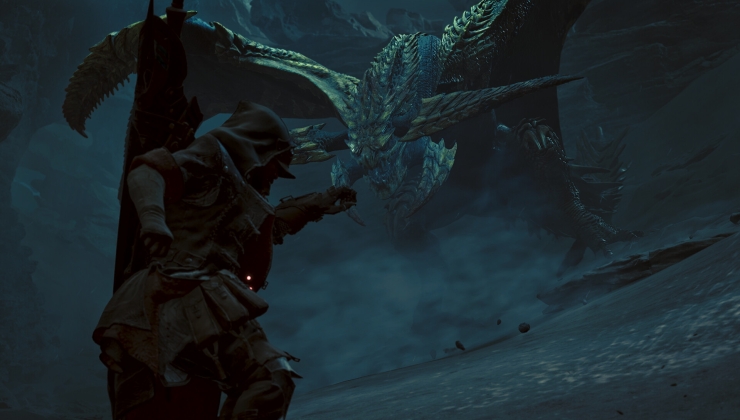
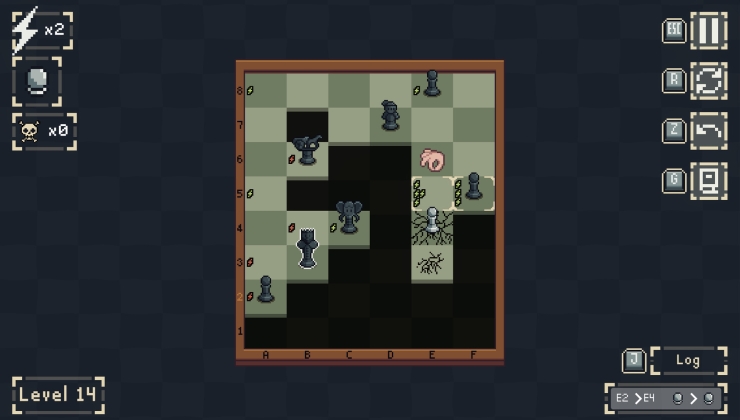

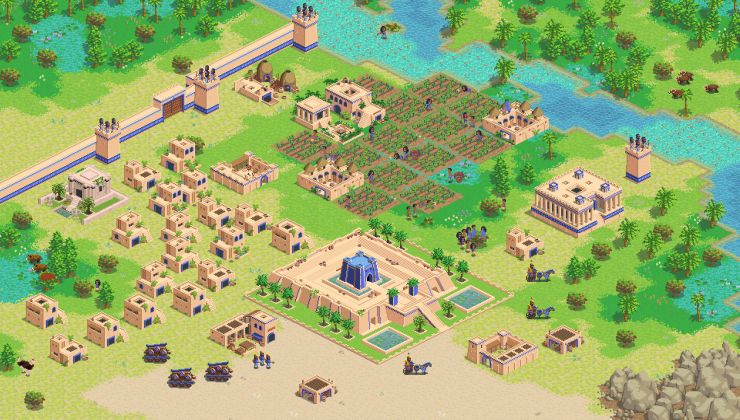
 How to setup OpenMW for modern Morrowind on Linux / SteamOS and Steam Deck
How to setup OpenMW for modern Morrowind on Linux / SteamOS and Steam Deck How to install Hollow Knight: Silksong mods on Linux, SteamOS and Steam Deck
How to install Hollow Knight: Silksong mods on Linux, SteamOS and Steam Deck